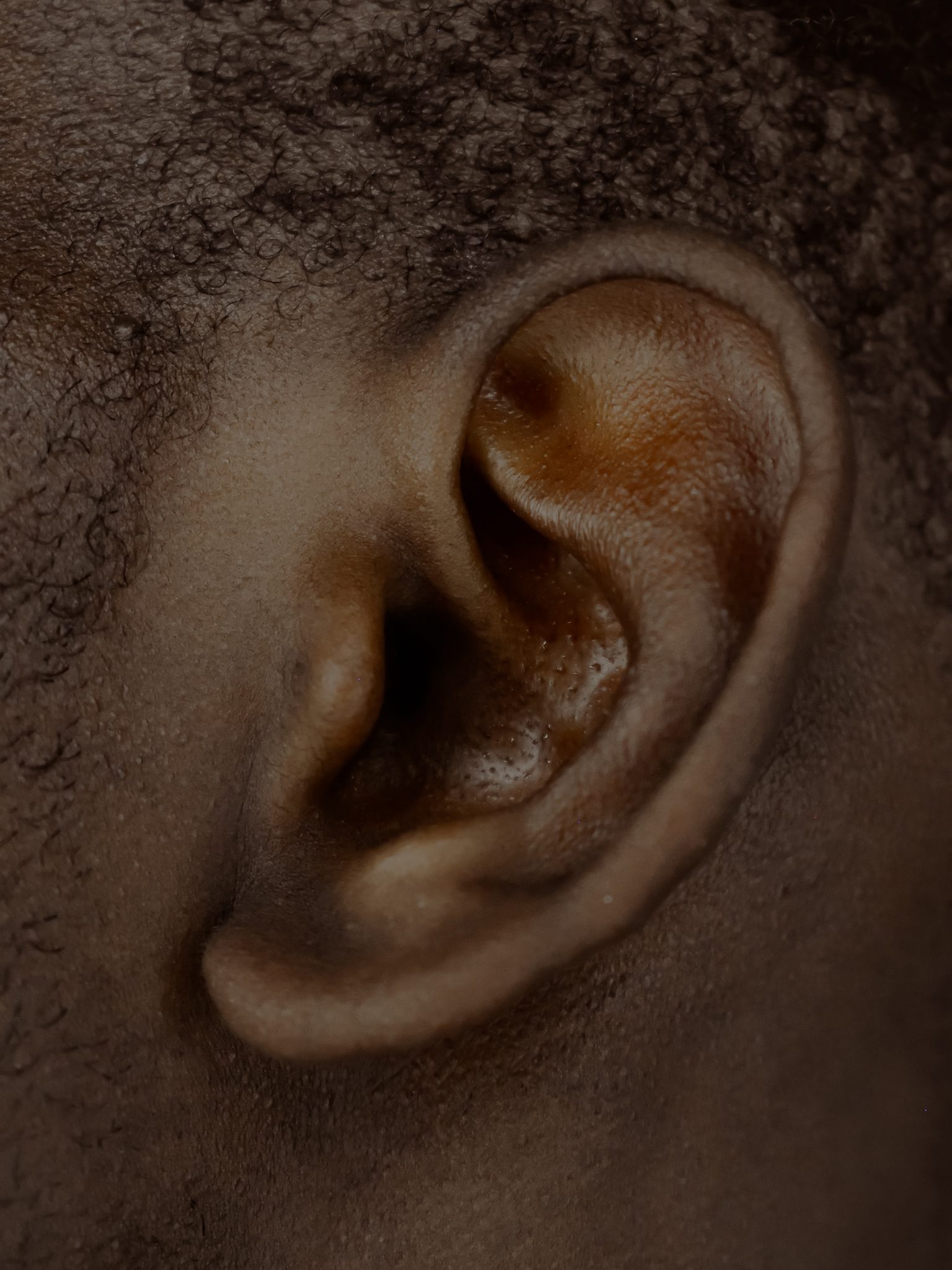Loud noises can be irritating and distressing for some individuals. While some enjoy attending loud concerts or parties, others find them unbearable. If loud noises bother you, it may be worth investigating why. In this blog, we outline possible causes that make you sensitive to loud noise. By understanding them better, you can take proactive measures to manage sensitivity and enhance the quality of life.

Genetics
A key reason some individuals may be sensitive to loud noise could be genetic. Studies have demonstrated the role of genetic components in people’s ability to hear well in noisy environments; some inherit genes associated with enhanced sound sensitivity, which increases auditory hypersensitivity. People carrying such genes tend to experience disrupted sleep, anxiety and even depression when exposed to loud noise.
Brain Injuries
Concussions can often cause an increased sensitivity to noise. This is because concussions have an adverse impact on how your brain processes sensory information and may make you more sensitive to noise than before. In addition, people suffering from post-concussion syndrome may become particularly sensitive, making even moderate levels of noise difficult for them to tolerate.
Autism Spectrum Disorder (ASD)
People diagnosed with ASD may be particularly sensitive to loud noise. ASD is a neurological condition that impairs sensory processing in the brain, and one symptom experienced by individuals living with ASD is sensory overload – making them sensitive to noise levels.
Anxiety
One possible cause of noise sensitivity is anxiety. People suffering from anxiety and panic disorders are more prone to becoming sensitive to loud noises, as loud sounds may exacerbate symptoms and make them feel overwhelmed, leading them to experience distress or fear when exposed to certain sounds. Visit HIFI Audio Lab for the latest noise-canceling technologies.
Long-Term Exposure To Loud Noises
Overexposure to loud noise over time can damage the tiny hair cells found within the inner ear that aid hearing, eventually leading to permanent hearing loss and sensitivity to loud sounds. In addition, loud noise exposure may also damage sensory cells or nerves in the inner ear, potentially leading to temporary or permanent hearing impairment.
Tinnitus
Tinnitus Hyperacusis (THA) is an auditory condition in which one experiences ringing, buzzing or humming noises in their ears, which may be made worse by loud noise exposure. Although often associated with hearing loss, individuals who otherwise have normal hearing can also develop Tinnitus symptoms; chronic sufferers of Tinnitus often find that loud noise exposure worsens its symptoms further.
Certain people may be more sensitive to loud noise than others despite no visible health conditions, although their causes remain unknown, and research into this phenomenon continues. If you experience significant discomfort or pain from noise sensitivity, it’s essential that if this persists, you seek medical advice immediately. With expert guidance, it is easier than ever to identify and treat the source of any issue or create effective coping mechanisms to manage conditions more effectively. When investing in hearing health, simple strategies like wearing earplugs or noise-canceling headphones may help mitigate its effects – thus leading to greater happiness and health throughout your life.


